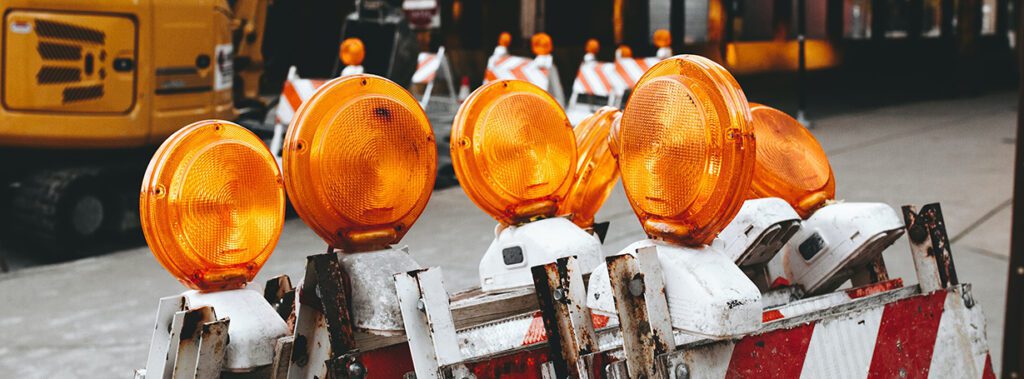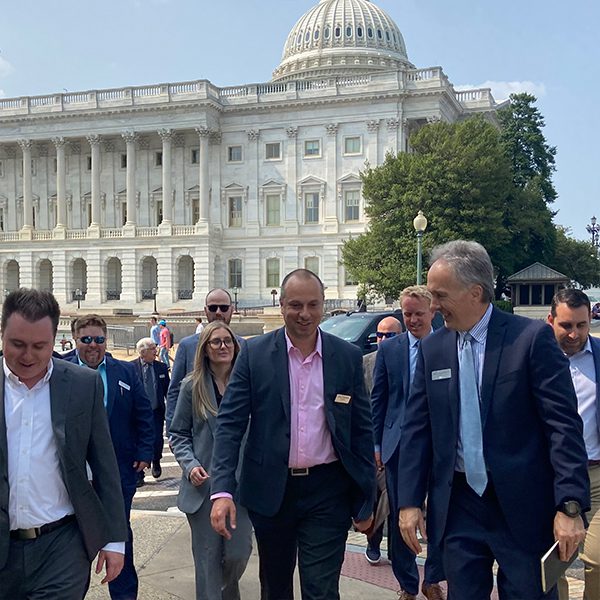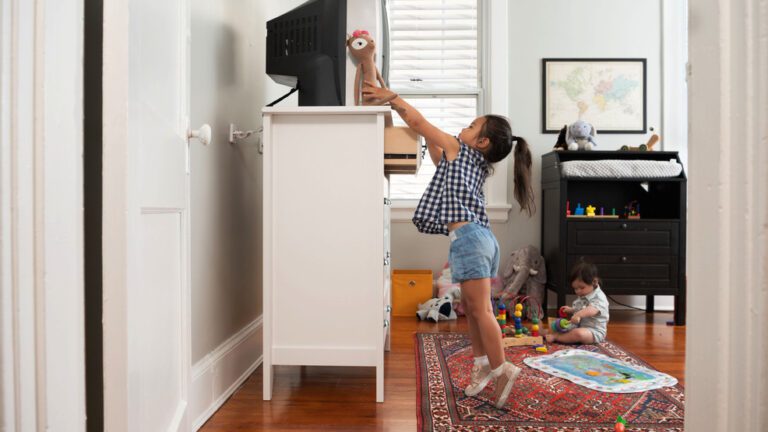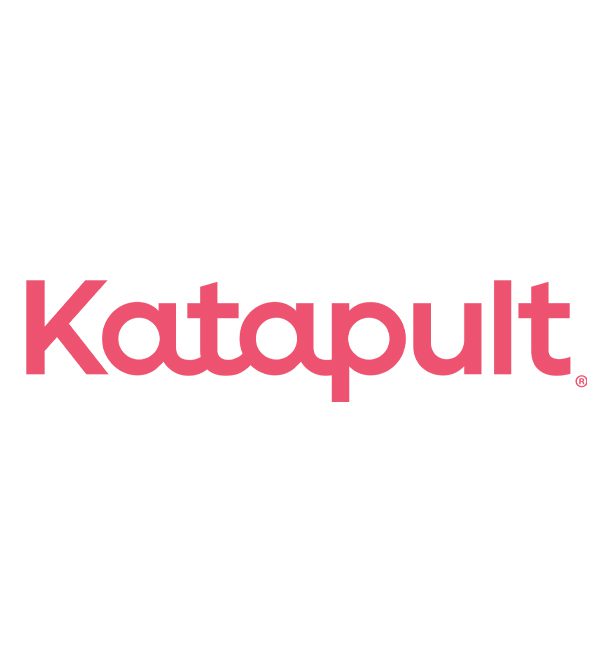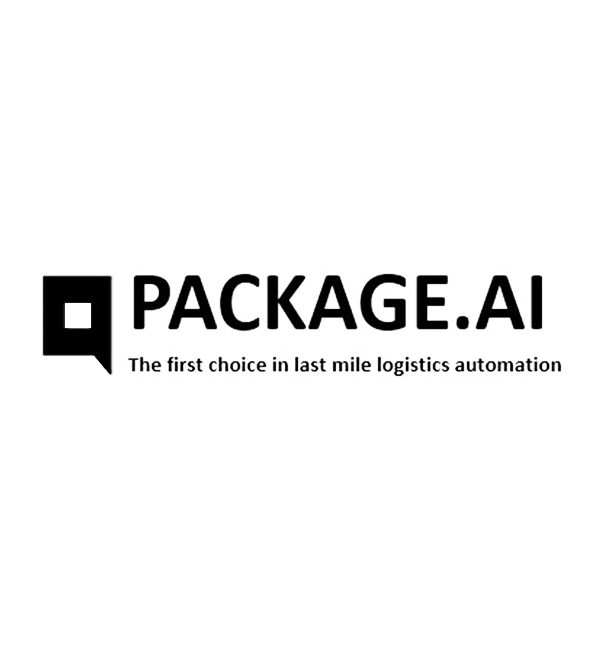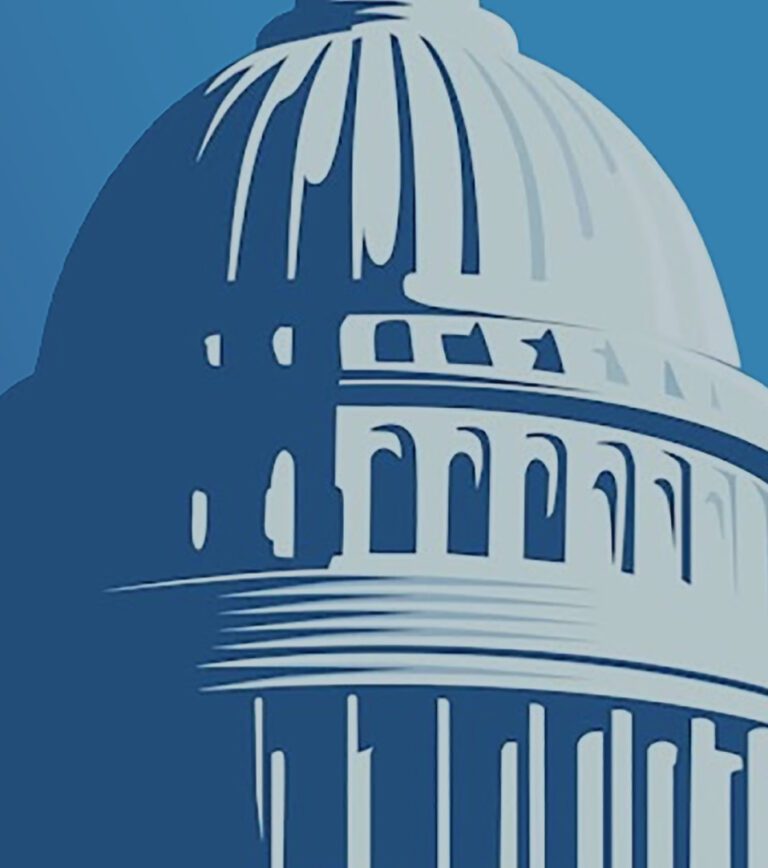For most of the summer, President Biden and congressional leaders have been working on the two main components of the President’s legislative agenda – implementing the American Jobs and Families Plans. Early on, a bipartisan working group in the Senate carved out physical transportation/infrastructure assets to develop the Infrastructure Investment and Jobs Act which passed the Senate 69-30. Since that bipartisan moment in early August, Democrats in the House and Senate have struggled to agree on the next steps for the infrastructure package and the bigger, $3.5 trillion budget reconciliation bill, the Build Back Better Act.
At the heart of the struggles are the razor-thin majorities in the House and Senate. Neither House Speaker Pelosi nor Senate Majority Leader Schumer can afford to lose votes. Worse, the bipartisan momentum that carried the infrastructure package in the Senate has waned as House leaders have worked to navigate difficult politics within their own conference between moderate Democrats and progressives. This entire exercise has further eroded trust on and around Capitol Hill as leaders search for the best approach. Moderates have threatened to withhold votes on the reconciliation package due to fears of its size and spending. In contrast, progressives have issued similar threats on the infrastructure package since that is their only leverage to get the historic funding and tax reforms in the reconciliation package.
The pressure has only intensified in recent days with a growing standoff with Republicans and Democrats over keeping the federal government funded past September 30th and extending the debt ceiling. Republicans have vowed not to support a debt ceiling increase, while Democrats want to force it through legislation to keep the government funded. This is not the type of situation President Biden envisioned earlier this year.
HFA has engaged with congressional leaders and staff to urge them to advance the bipartisan infrastructure package given its political and economic implications across the country. We have also raised concerns about the tax increases proposed for C corporations and S (pass-through) corporations. We are still dealing with the uncertainty of the COVID-19 pandemic and unprecedented supply chain disruptions. Prices are climbing for consumers, and the economic uncertainty around government funding and the debt ceiling is hampering consumer confidence.
We continue to support immediate action on the bipartisan infrastructure package – that investment is desperately needed for U.S. competitiveness, and it is a job creation vehicle for this economic recovery. Unfortunately, the American public feels like Congress has taken on too much with trillions in spending and tax increases when we are still dealing with COVID-19.
Keep up to date with HFA’s advocacy on behalf of furniture retailers at myhfa.org/advocacy.
